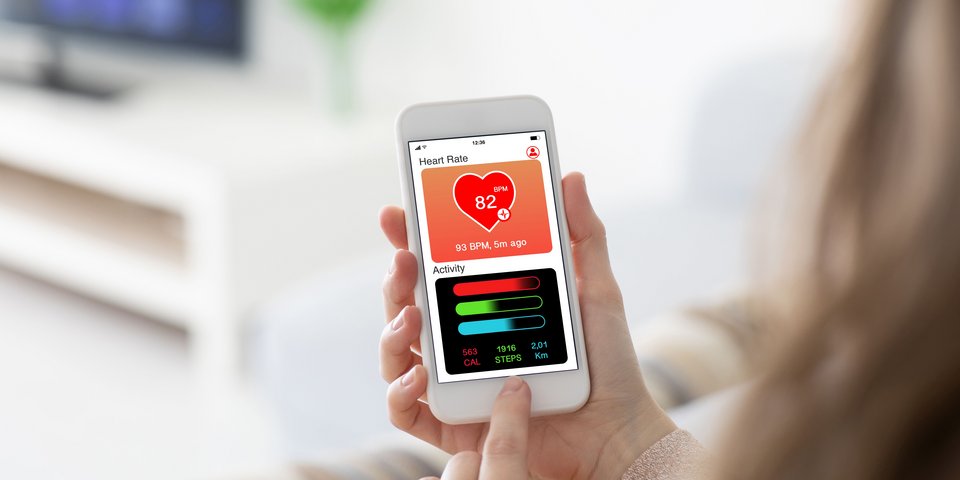 iStockphoto-prykhodov
iStockphoto-prykhodovBelgium reimburses digital health application
Reimbursement still very different in Europe
CC – 04/2022
There are now numerous Digital Health
Applications on the European market but not all are reimbursable. While the
statutory health insurance now reimburses 31 apps on prescription in
Germany, one health app has now made it into the Belgian health insurance
benefits catalogue. The picture in Europe is still heterogeneous as a matter of
course.
For the first time, the Belgian National
Health Insurance (Institut national d'assurance maladie-invalidité - Inami)
will reimburse the costs of a digital health app. The e-health app moveUP aims to support the
rehabilitation of people with an artificial knee or hip joint. The
reimbursement of the app by the statutory health insurance is a milestone for
Belgium.
The Belgian system
In Belgium, reimbursement of digital health
applications by the statutory health insurance is linked to a three-step
approval process via the eHealthBelgium system. The legislative framework for
medical app funding was developed in 2016 and not finalised until January 2021.
Belgium evaluates digital health
applications based on a three-tier system. The higher the level, the stricter
the conditions to be met. Thus, at each level, manufacturers must demonstrate
whether the DiGA meets the necessary requirements in terms of quality, safety
and efficacy. To receive government funding, an app must achieve the highest
level of approval.
Parallels with Germany: Fast-track system
As in Germany, apps that reach the highest
level of approval and for which sufficient data is not yet available can be
provisionally reimbursed. The decisive factor in the system of provisional
financing is whether added health-related economic value could be demonstrated
at the time of approval. The added value is linked clinical evidence and a
balanced cost-benefit ratio, i.e. fewer follow-up visits, fewer complications,
and fewer hospitalisations. The fast-track approval system is intended to
enable prompter market launch of new medicinal products.
In Belgium, too, the competent authorities
previously had to define which medical devices and thus, also medical apps are
approved and reimbursed under which conditions on the basis of the European
Medical Device Regulation (MDR), which came into force in 2017. From May 2021,
all medical devices must be placed on the market in accordance with the new law
and be listed in the central database for medical devices EUDAMED with
information on intended purpose, risk class and proof of benefit. The MDR was
intended to create more transparency and safety in the placing of medical
devices on the market and higher quality requirements for their clinical
evaluation.
Germany as a European role model and pioneer
For Belgium, the recognition and
reimbursement of medical health apps is a breakthrough. There, two more apps
are already on the home stretch to the highest level of approval and thus, to
reimbursability. Germany, on the other hand, is already quite ahead. Thus, the
first medial app went through the fast-track approval process in October 2020
and was successfully listed in the “DiGA directory” created for this purpose.
Thus, the requirement as a component of standard care was fulfilled.
The German system of reimbursement of
medical apps is also a model in other countries such as France, the Netherlands
and Sweden and is to be introduced in cooperation with the health insurance
system.
The fact that the first medical app has now
been approved and reimbursed in Belgium is not only an important step for the
country, but also an important step for digitisation in the healthcare sector
across Europe.
